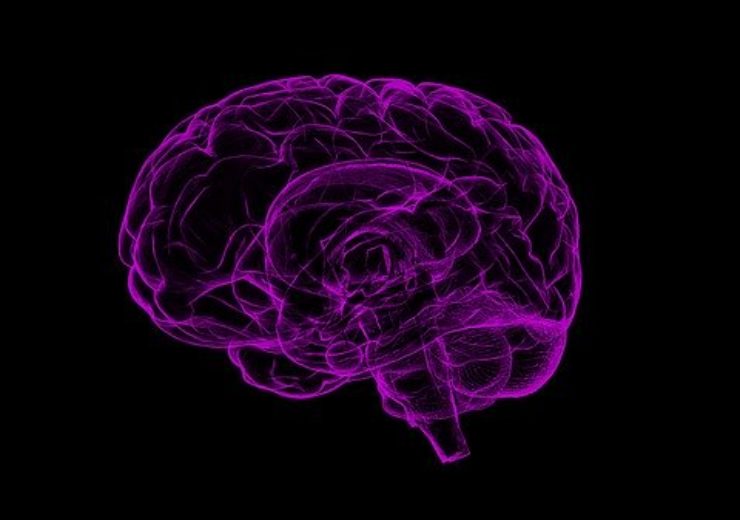Keystone Heart has designed the TriGUARD 3 CEP device to reduce the risk of cerebral damage

Keystone Heart has secured CE mark for TriGUARD 3 cerebral embolic protection device (Credit: Pixabay/Raman Oza)
Venus Medtech company Keystone Heart has secured CE mark approval for its TriGUARD 3 cerebral embolic protection (CEP) device.
To reduce the risk of cerebral damage, the TriGUARD 3 CEP device diverts embolic debris away from cerebral circulation during transcatheter aortic valve implantation (TAVI) and other transcatheter heart procedures.
TriGUARD 3 CEP device will cover and protect all three major cerebral aortic arch vessels
Keystone’s TriGUARD 3 CEP device is claimed to be the only CE marked device developed to cover and protect all three major cerebral aortic arch vessels.
Designed to self-position in the aortic arch, the advanced Nitinol frame and dome-shaped mesh deflector are delivered transfemorally.
The design enables the TriGUARD 3 CEP device to accommodate a variety of patient anatomies, said the company.
Recently, the company completed the REFLECT pivotal randomised trial of the TriGUARD 3 CEP device.
At present, the company is finalising the data analysis of the device as it plans to submit the marketing application to the US Food and Drug Administration.
Keystone Heart president and CEO Chris Richardson said: “Taking into consideration the devastating impact of stroke, we are pleased to bring this important technology to patients undergoing any transcatheter heart procedure.
“The introduction of the TriGUARD 3™ CEP Device in Europe provides physicians the only commercially available device that is designed to protect all three cerebral vessels.”
In September 2018, Chinese transcatheter heart valve firm Venus Medtech agreed to acquire Keystone Heart for an undisclosed sum.
Based in Israel, Keystone Heart is involved in the development and manufacturing of devices for the structural heart area. The company has US operations in Tampa of Florida.
The company’s TriGuard 3 product pipeline enables interventional cardiologists, electrophysiologists and cardiac surgeons to protect brain while conducting these procedures.
